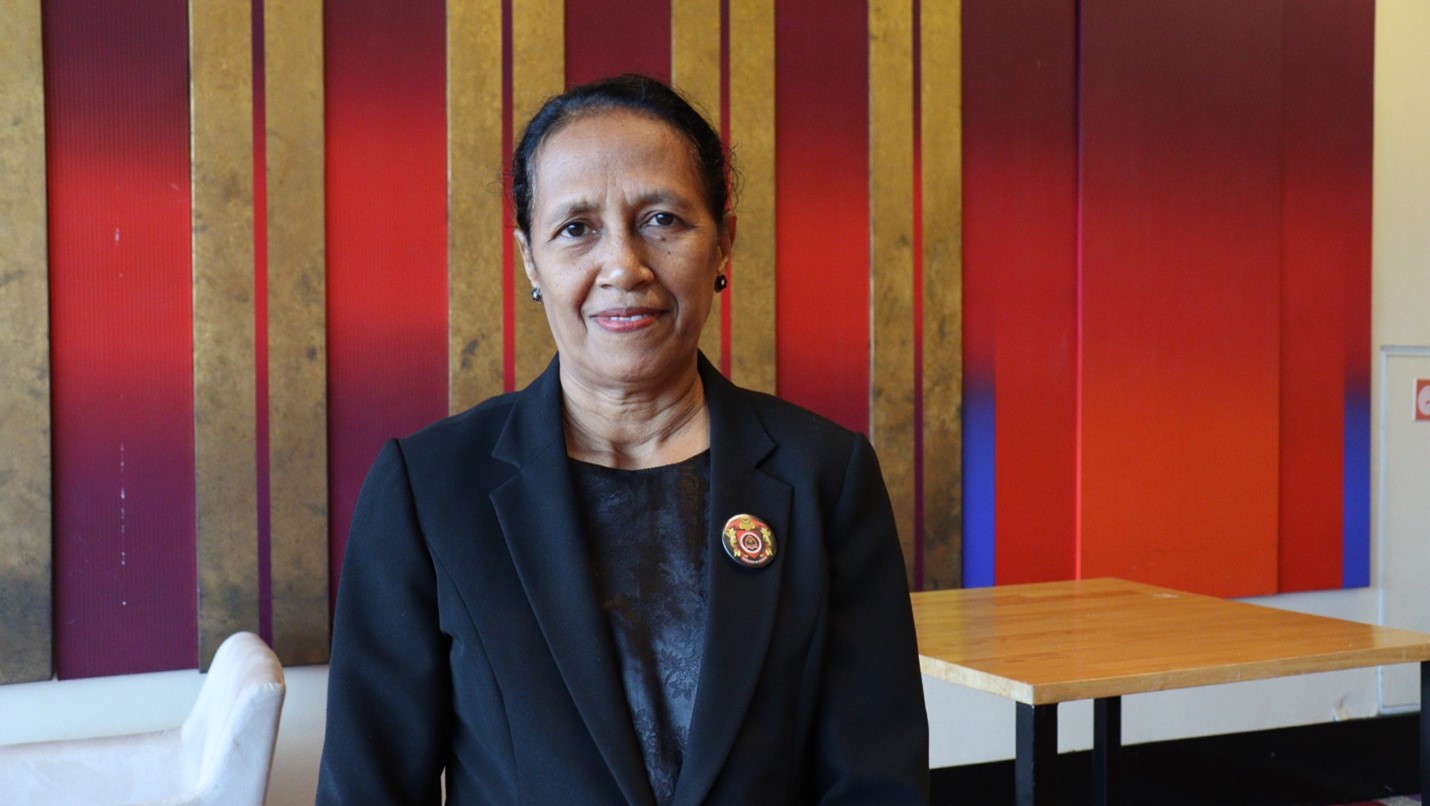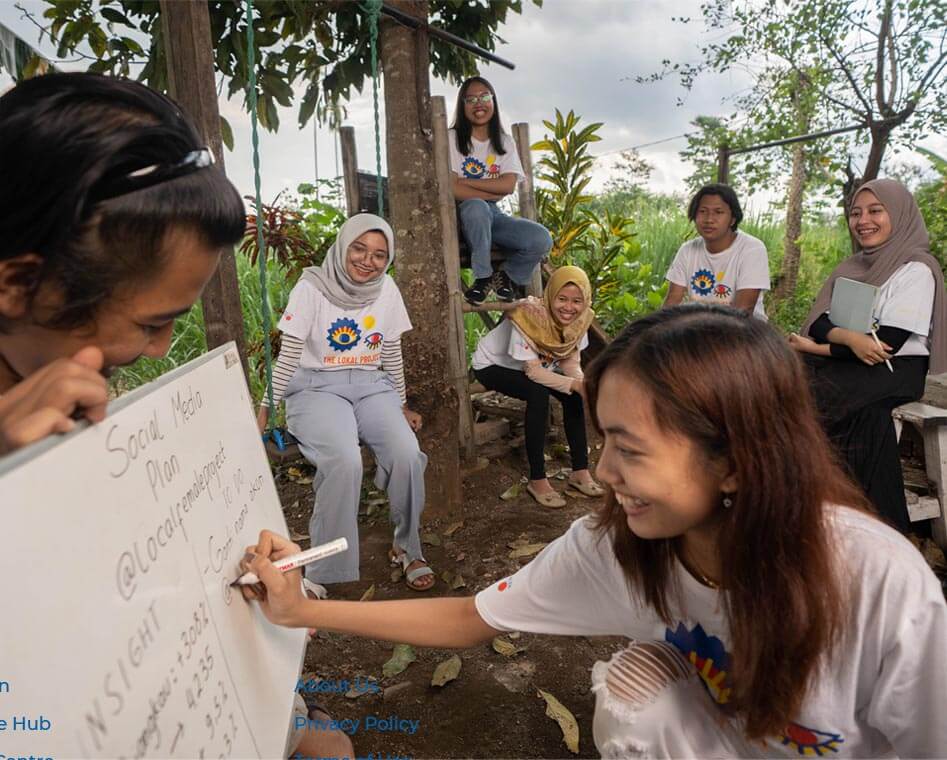Take Five: “Women started to understand that their roles are not confined to household work”

Lidia Lopes de Carvalho is Director of the National Directorate for Community Conflict Prevention of Ministry of Interior, Timor-Leste. Timor-Leste has adopted its second national action plan on women, peace and security, for 2024-2028. UN Women is supporting Timor-Leste in developing and implementing its plan. During 24-28 June 2024 Ms. Lopes de Carvalho attended a training on national action plans on women, peace and security, jointly organized in Bangkok, Thailand by ASEAN Institute for Peace and Reconciliation and UN Women. The governments of Canada, Republic of Korea, and United Kingdom funded the training.
Why is it important to have women in peace and security work in Timor-Leste?
Every solution to conflict should go through peace process, not violence. In the first national action plan, we recruited 40 mediators (47 per cent are women) to work on peacebuilding to identify conflict signs, resolve and prevent conflicts. We have to involve more women because they are patient and understand the specific needs of communities and women, and they know how to use an empathetic and “heart-to-heart” approach to engage individuals and mediate conflicts.
How has the national action plan promoted gender equality?
Timor-Leste has adopted a 30 per cent gender target in the National Parliament and now we have the first female President of the National Parliament. We also have a Chief of Staff at the office of the President of the Republic [who is a] woman. Timor-Leste has increased the number of women police and women in the military force, and has been promoting women’s empowerment and gender equality, such as the establishment of a department of gender equality in the military force and … the first National Police Gender Strategy in 2018. We also had the first female police Operation Commander at the national level in 2023, the first female police to lead the Directorate General for Immigration Services and many more women promoted to decision-making positions in public affairs or diplomatic spaces, including in UN peacekeeping missions. The Timorese women organizations also tirelessly fought for more opportunities for women.
What are the lessons learned from first national action plan?
Women started to understand that their roles are not confined to household work but they have rights to … education, justice … to own land, that they can drive a car and be part of the security or military forces. We can see that there’s significant change from the past. Women can participate in all levels of decision-making and in all levels of sectors – in politics, social, justice, education, economy, culture, etc.
[In developing the national action plan] we consulted various stakeholders such as line ministries; veterans; women, including women survivors; civil organizations working with people with disabilities; LGBTIQ+ groups; and faith-based leaders in participatory approach. However, we need to strengthen … ownership, which is limited at the subnational level. We must ensure to make the community to feel proud of the [plan], that it’s written by Timorese, and especially for women to know their roles are crucial.
What is the important next step to ensure peace is sustained?
It’s educating and shaping the next generation as successors.
Young people are involved in conflicts because there is lack of employment opportunities, or the family cannot support their education. The Secretariat of State for Vocational Training and Employment is providing vocational trainings and small funding assistance to young people so they can start businesses rather than [get involved] in conflicts. Through civic education, we must also teach young people about democracy, human rights, ethics and morals to promote nationalism and patriotism of young people and the society in general.
What are some of the emerging security challenges in Timor-Leste?
The victims of natural disasters are always women and girls. We need to do more on mitigation and increase the knowledge of communities to stay away from risk-prone areas. Early warning systems for natural disasters are needed.
We need to continue sensitizing people to … signs of human trafficking and to be mindful of the risk of using and spreading narcotics.

